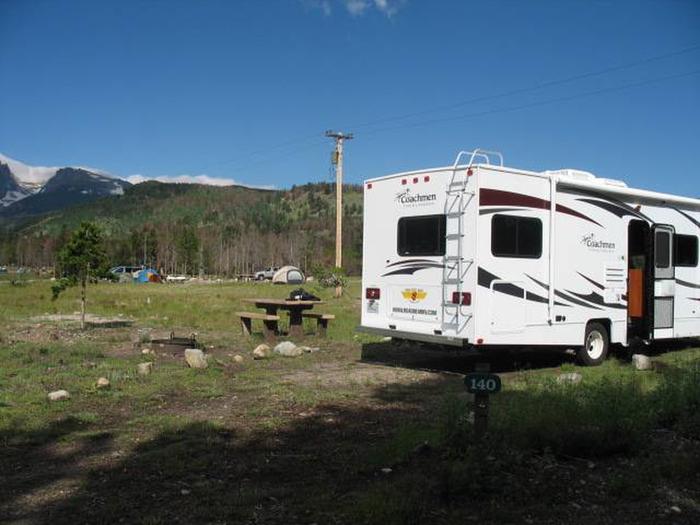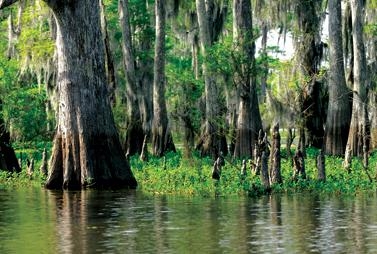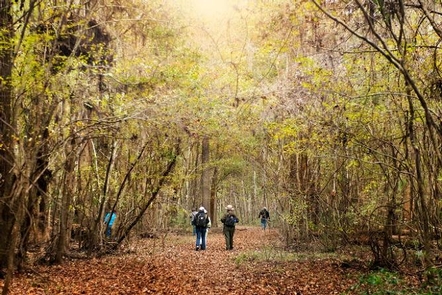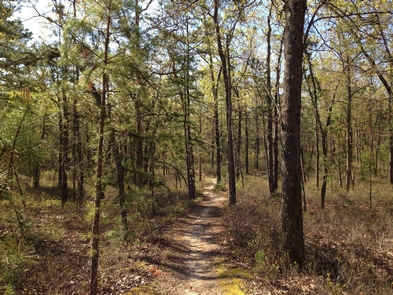Directions
The refuge office is at 401 Island Road just north of Marksville, LA. The office can be reached by taking LA. Hwy. 1194 south from LA. Hwy. 1, to Island Road. The refuge itself is 20 miles northeast of Marksville, LA on LA. Hwy. 452
Phone
318-253-4238
Activities
FISHING, HIKING, HUNTING, WILDLIFE VIEWING, ENVIRONMENTAL EDUCATION, PHOTOGRAPHY
Camping Reservations
Reserve your campsite at these camping areas:
Hiking Trails
Looking for nice hiking areas to take a hike? Choose from these scenic hiking trails:
Related Link(s)
More Louisiana Recreation Areas
Lake Ophelia National Wildlife Refuge
Lake Ophelia NWR (named for the largest water body in the area) was established in 1988 to protect the important Mississippi/Red River floodplain ecosystem. The refuge was once part of a vast bottomland hardwood wilderness. Levees have changed hydrology, but the underlying ridge/Saale topography supports a variety of habitat types. Bottomland hardwood forest, croplands, fallow fields, moist soil units, and cypress-tupelo brakes are intermixed with meandering bayous, pristine lakes, ponds, sloughs, and the Red River. This variety of vegetative communities in turn supports a diversity of wildlife. Due to its location in east-central Louisiana, the refuge is served by the Mississippi and Central Flyways. Although mallards, northern pintails, and wood ducks are the most numerous waterfowl species on the refuge, blue- and green-winged teal, northern shovelers, gadwall, and American Widgeon are also common. Primary diving ducks are scaup and ring-necked ducks. Canada, snow, and greater white-fronted geese are present, though less common. Several hundred native species of mammals, reptiles, amphibians, birds, fishes, and insects are found on the refuge. Common, though often difficult to see, species include bobcats, alligators, red and grey foxes, turkeys, mink, and otter. More frequently encountered are white-tailed deer, raccoons, fox squirrels, beaver, marsh hawks, and wading birds. Many neotropical migratory songbirds use the refuge at various times. Refuge fisheries are composed largely of largemouth bass, gar, crappie, bowfin, bream species, buffalo, carp, and catfish. Endangered species numbers are few and their presence is always marked with special interest. The arctic peregrine falcon is an occasional visitor, and thanks to the refuge’s three-year bald eagle reintroduction project, bald eagle sightings are common.





